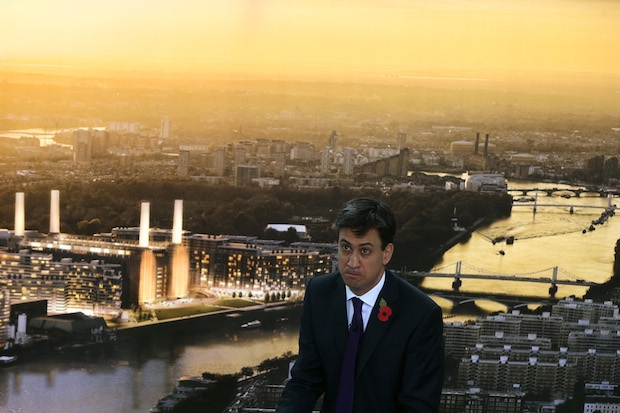If Britain is to meet its self-imposed carbon-reduction targets it means the end of coal by 2030. Things aren’t looking much brighter for the coalition. The deep fissure between Liberal Democrat-driven green policy and Conservative-driven business policy has become clear at the Spectator Energy Conference today. Ed Davey has bunked off, with his office saying he is in China.
Actually he is preparing for this afternoon’s announcement in the Commons, and energy minister Michael Fallon has been sent instead. Both halves of the coalition have rapidly stitched up a deal to cut energy bills by £50. But the Lib Dems won’t tolerate a reversal of decarbonisation targets. That makes a sensible energy policy impossible. As Peter Atherton of Liberium Capital told the conference meeting the current target of reducing carbon emissions by 60 per cent by 2030 will require between £360 billion and £410 billion of new investment in new generating kit – that is 10 HS2s.
It simply isn’t possible to finance this capacity at a price that the consumer will be prepared to bear.
The problem is not that reducing carbon emissions is unaffordable; it is the severity of the target. We could reduce carbon emissions substantially by investing in new gas plants and retiring coal – as has happened in the US – by improving efficiency
of homes and vehicles But to go the last few percentage points to reach a 60 per cent reduction by 2030 is fantastically expensive. As Michael Fallon argued this morning Labour committed Britain to an arbitrary target without any idea of how to implement it. Britain has become the only country in the world to tie its hands through a legal commitment to slash emissions so sharply. The trouble is that the coalition will not repeal the Climate Change Act which set the targets.







Comments